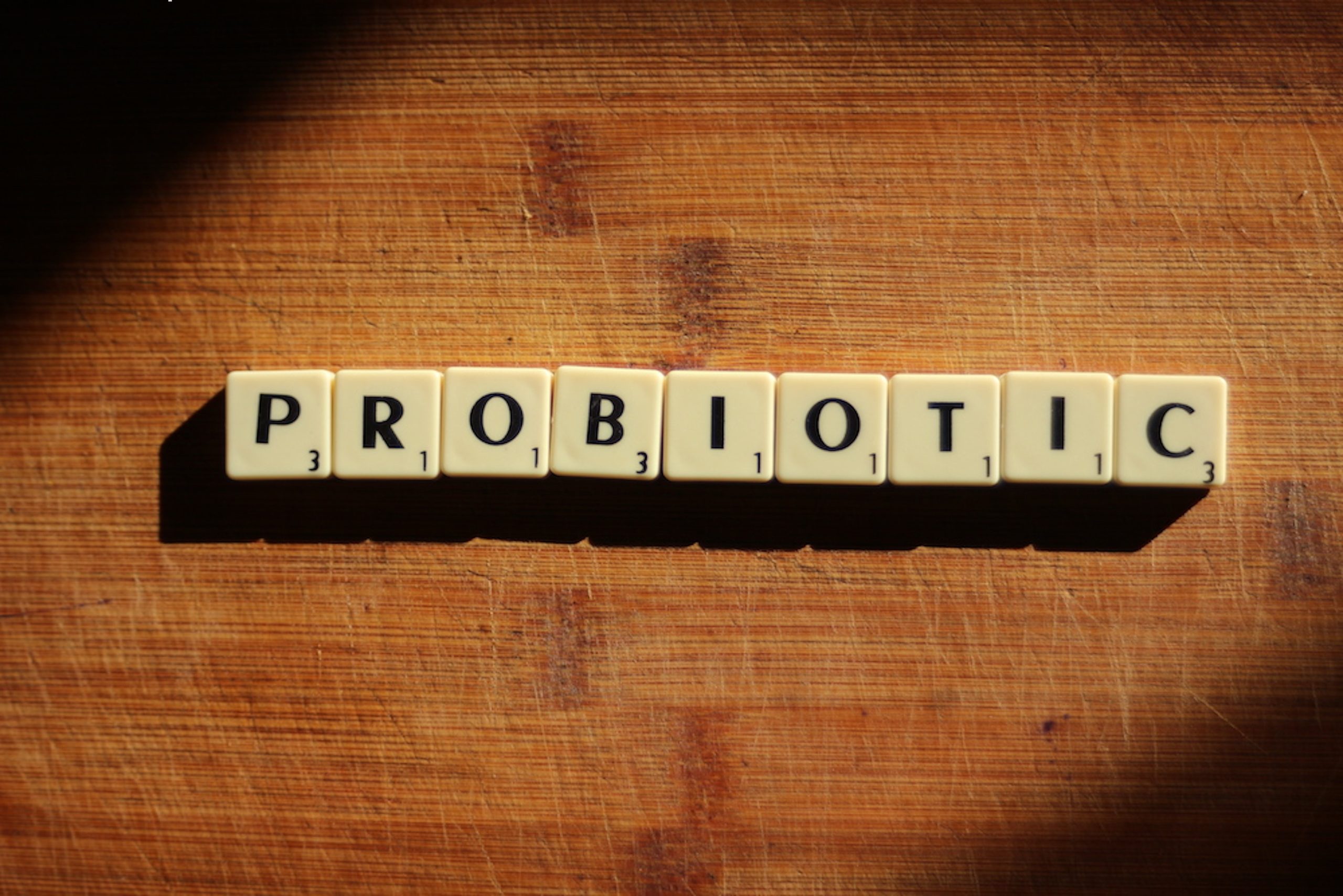Both probiotics and prebiotics are big subjects in nutrients these days. Even though they may look alike, they both play a role in your health. Probiotics are beneficial bacteria, and prebiotics are meals for these bacteria. We will explain what you need to know about both of them.
Both prebiotics and probiotics are crucial for human health. However, they have different roles:
Probiotics:
These are living bacteria that are found in certain foods or supplements. They can provide many health benefits.
Prebiotics:
These substances come from a variety of carbohydrates (mostly fiber) that humans cannot digest. Beneficial micro organism to your intestine consumes this fiber.
Gut bacteria, collectively known as gut flora, or gut microbiota, perform many important functions in the body.Eating a balanced amount of both probiotics and prebiotics can help ensure that have the proper balance of these bacteria to keep your intestine micro biota healthy.
The food you eat plays an important role in balancing the good and bad gut bacteria.For example, foods high in sugar and high in fat have a negative effect on gut bacteria and may contribute to insulin resistance and other conditions.Once you feed the wrong bacteria regularly, they are able to grow faster and become colonized more easily, without the help of bacteria that can stop them from doing so.Harmful bacteria and less healthy gut flora are also linked to higher body mass index (BMI).In addition, foods treated with pesticides can have adverse effects on gut bacteria, although more research is needed to confirm this.You can also find a professional writer who can write for write my paper or assignment on probiotics and prebiotics foods.Studies have also shown that antibiotics can cause permanent changes in certain types of bacteria, especially when taken during childhood and adolescence.Because the use of antibiotics is so widespread, researchers are now studying how it can cause health problems in people later in life.
Before you go out and purchase luxurious prebiotic supplements, take into account that many foods include them obviously. This is because prebiotics are a type of fiber found in vegetables, fruits and veggies. Humans cannot digest this type of fiber, but your gut bacteria can digest it. Foods high in prebiotic fiber includes beans, and peas, Banana, Garlic, Onion etc.One of the things your good gut bacteria do with prebiotic fiber is to convert it into a short chain fatty acid called bitrate. Studies show that bowel production in the colon cannot be maintained without adequate amounts of prebiotic fiber.
There are also many probiotic foods that contain naturally occurring bacteria, such as yogurt. Simple yogurt with a high quality, live culture can be a great addition to your diet if you want to add beneficial bacteria. Fermented foods are another great option, as they contain beneficial bacteria that thrive on the sugar or fiber naturally present in the food. Examples of fermented foods includes Sauerkraut, kimchi, special type tea, Kefir, Some types of pickles, Other pickled vegetables etc. If you are going to eat fermented meals for his or her probiotic blessings, ensure they’re now not pasteurized, as this system kills the bacteria. Some of these foods can also be considered symbiotic, as they contain both beneficial bacteria and a prebiotic source of fiber for the bacteria to eat. Some examples of symbiotic ingredients are cheese, kefir and sauerkraut.
Probiotic supplements are tablets, powders, or liquids that contain beneficial bacteria or yeast. They are very famous and clean to locate, but now not they all are really worth your money. Not all of them have the same type of bacteria or the same concentration. There are many products in the market that make claims without utility. They usually do not come with a fibrous food source to feed the bacteria, which can prevent their effectiveness if one is not eating these foods. Some probiotic supplements are designed to carry bacteria to your colon for better effects, while others may not be able to get rid of your stomach acid. There are some people who should not take probiotics, or if they do, they may have worse symptoms, such as people with bacterial overgrowth (SIBO) in the small intestine Or people who are touchy to the ingredients inside the complement. However, the right types of probiotics can be incredibly beneficial for some people. It depends on the type of strain, product formula, product quality and storage. As with all supplements, you may want to consult a healthcare professional who knows about probiotics.
Final Words:
Keeping your intestine micro organism in stability is important for lots components of health. To do this, eat plenty of both probiotics and prebiotics foods, as they will help promote the perfect balance between good and bad gut bacteria. Talk to your healthcare provider to make sure you are eating the right amount of each. If you want to share your idea or thoughts about it or want to share with others about the healthy foods then you can also find a professional writer for essay writing or article at writing planet in no time who convert your idea or thought into a real world that can help others in one way or other. There are may be an overindulge or side effects. To see if you can benefit from a supplement, see the evidence-based list of World Gastroenterology Organization Global Guidelines that probiotics may potentially help. It also includes recommendations. Be sure to read the labels on any supplements carefully and discuss any questions and recommendations with your healthcare provider.

